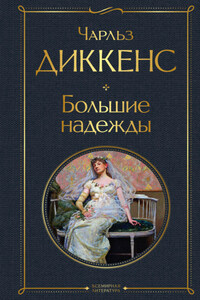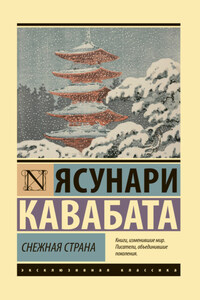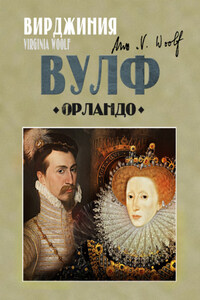CHAPTER I
ONLY A FLOWER-GIRL
The feverish state of excitement into which Geneva was thrown was not caused by a proclamation of war, a royal visit, a social revolution, a religious wave, or an avalanche. It was simply that a man was on his trial for murder.
There is generally in Geneva a rational if not a philosophic foundation for a social upheaving; unlike the people of most other countries, the population do not care to play a blind game of follow my leader. They prefer to think for themselves, and their leaders must be men of mark. Intellect is passionately welcomed; pretenders find their proper level.
What, then, in a simple trial for murder, had caused the excitement? Had the accused moved in a high station, was he a poet, a renowned soldier, a philanthropist, a philosopher, or a priest loved for his charities, and the purity of his life? None of these; he was Gautran, a woodman, and a vagabond of the lowest type. It would be natural, therefore, to seek for an explanation in the social standing of his victim. A princess, probably, or at least a lady of quality? On the contrary. A common flower-girl, who had not two pair of shoes to her feet.
Seldom had a trial taken place in which the interest manifested had been so absorbing. While it was proceeding, the questions which men and women asked freely of each other were:
"What news from the court-house?"
"How many days longer is it likely to last?"
"Has the monster confessed?"
"What will the verdict be?"
"Do you think it possible he can escape?"
"Why did the famous Advocate undertake the defence?"
In fashionable assemblies, and in cafés where the people drank their lager and red wine; in clubs and workshops; on steamboats and diligences; in the fields and vineyards; on high-roads and bye-roads-the trial of Gautran formed the principal topic of conversation and debate, to the almost utter exclusion of trade, and science, and politics, and of a new fashion in hats which was setting the women of adjacent countries crazy. So animated were the discussions that the girl lying in her grave might have been supposed to be closely related to half the inhabitants of Geneva, instead of having been, as she was, a comparative stranger in the town, with no claim upon any living Genevese on the score of kinship. The evidence against the prisoner was overwhelming, and it appeared as though a spirit of personal hatred had guided its preparation. With deadly patience and skill the prosecution had blocked every loophole of escape. Gautran was fast in the meshes, and it was observed that his counsel, the Advocate, in the line he adopted, elicited precisely the kind of evidence which-in the judgment of those who listened to him now for the first time-strengthened the case against the man he was defending.














